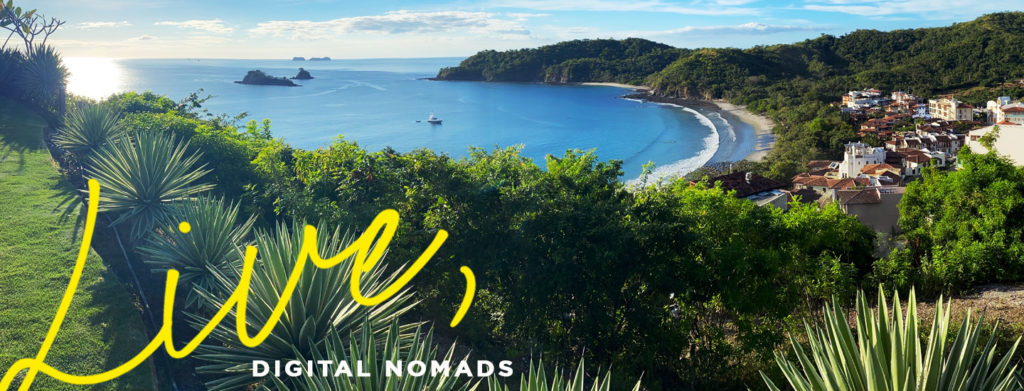July 26, 2022 . Any foreigner who defines himself as a digital nomad and who wishes to come to our country to telework, explore and live unique tourist experiences, can now have the necessary information at hand to prepare his trip. Precisely for this purpose, the Costa Rican Tourism Institute (ICT) developed a specialized microsite for these travelers within the website www.visitcostarica.com , access is given through one of the photographs in the upper banner and also by entering through Things to do

On this page dedicated entirely to digital nomads, you can find information about the benefits for these modern travelers upon arrival in Costa Rica, as well as the requirements they must meet to obtain their stay, the steps to obtain the issuance of an immigration document , data on the medical services policy that must be purchased, along with details for a future renewal of their immigration status and other specifications of interest.
Additionally, the aforementioned microsite has a direct link to the site of the General Directorate of Immigration and Immigration, where the forms that must be completed are found, as well as the link to download the regulations of Law 10,008, known as the “Nomad Law”. Digital”.
In the microsite, the user, mainly from the United States and Canada, as well as other potential destinations, is shown relevant tourist information on Costa Rica, visually complemented by a map with the time difference from our country and their cities of origin.
Carolina Trejos, ICT Marketing Director, commented that the recent approval of the Digital Nomads Law contributes to the process of reactivating the national economy. At a time when entrepreneurs need support, the digital nomad segment will be able to contribute to the recovery of the country and now, with this information site, they will have at hand everything they need to know to know and work in our country.
“Our greatest potential is in those markets where Costa Rica has a great position and knowledge, such is the case of the United States, where 50% of digital nomads come from. We are a country with high connectivity that allows visitors to communicate and connect with their companies from anywhere in the world”, added Trejos. Finally, the ICT spokeswoman stated that “we are a destination characterized by peace, nature, sustainability, solidarity, hospitality, well-being; a commitment to the environment, with a variety of offers, as well as an adequate value versus price ratio.
This promotional action is part of the beginning of a promotion and marketing strategy that ICT will develop, focused on digital marketing on specific platforms, social networks and media of high interest for potential “digital teleworkers”.
It is worth mentioning that the Directorate of Migration and Immigration collaborated with the information included in this microsite about the requirements for potential digital nomads, which is presented on its website, so that the user who visits either of the two pages, will find a unit of information.
Initially, the page will be available in English at the following link: https://www.visitcostarica.com/en/costa-rica/digital-nomads A Spanish version will be available in the coming days.
Characteristics of digital nomads
According to information from the ICT, digital nomads are people with an average monthly income between US$3,000 and US$5,000. They usually travel alone or with their families.
This new preference for remote work is also becoming a tourist trend that is growing and will continue to do so in the coming years. Digital nomads are expected to positively impact the lifestyle of many people, generating new services and creating a different community of travelers around the world.
Costa Rica is a destination that offers this type of traveler the perfect complement to combine work and leisure time, offering unique and authentic experiences in open spaces or in multiple lodging establishment alternatives, with qualified and prepared tourism industry professionals. to serve them, because we want tourists to feel like one more Tico.
Source: ICT

